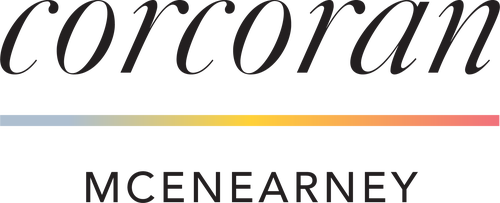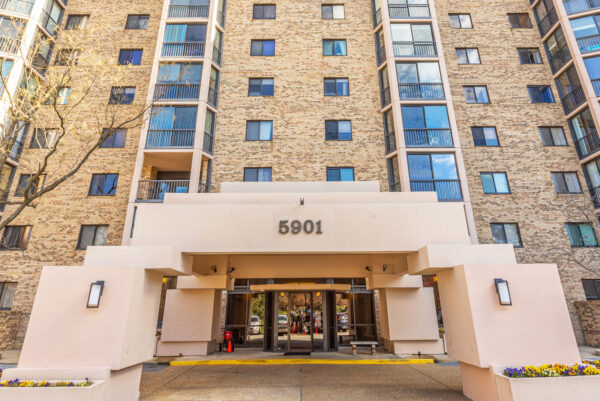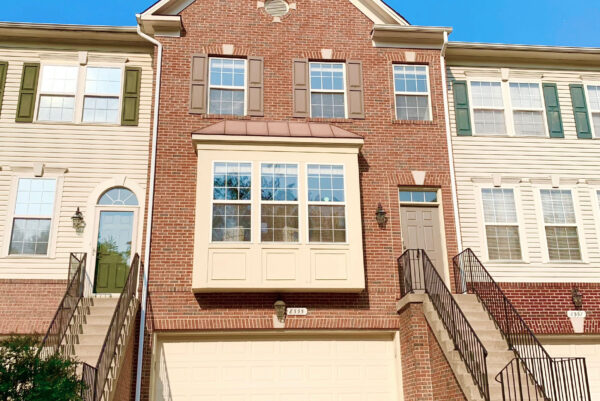When looking to buy a home, an important thing to consider is whether or not you are interested in having a home within either a homeowner’s association or condominium association. What is also important is understanding the differences between the two! While many have heard of HOAs and condos, not many understand exactly what they are. It is even a common misconception that the terms can be used interchangeably — however, they are actually quite different.
So, how can you tell the difference?
As a general rule, most apartment style homes and townhomes fall under an association and most detached homes do not. Of course, there are exceptions to every rule!
Differences Between an HOA & a COA
First of all, what is the difference between a Homeowner’s Association and a Condo Association? Condominiums usually exist within a building, in which owners own their own unit as well as a joint interest in the common areas. Common areas include community spaces such as patios and party rooms, as well as the roof and other exterior features, such as pools, tennis courts and more. Sometimes, they even designate windows and balconies to be common responsibilities. All owners in a condo building own equal share and financial responsibility for maintenance of these common spaces and responsibilities.
In a homeowner’s association, the ownership is a little different. Each member owns their own home and parcel of land. Common areas, such as playgrounds, pools, tennis courts, and parks are owned and maintained by the association. Sometimes the roads are maintained by the HOA, and sometimes it is the county responsibility. There is no joint ownership.
Both condos and HOAs have fees that the owners pay — typically monthly or quarterly. These are different from fines, which owners are required to pay if they break rules in the community. The rules for communities and associations can be vastly different from place to place. The majority of rules are in place with the intention of maintaining the integrity of the community and common areas.
Contingency Period During the Buying Process
Once a contract is agreed upon and signed by both buyer and seller there is a required time period for the purchaser to review the association documents. In Virginia, the period to review is 3 calendar days from receipt. The documents will include meeting minutes, by-laws, rules, and other documents that can give a better understanding of the community and its financial stability.
The good thing about this contingency period is that it is required to be given to all buyers. In a competitive situation with multiple offers, buyers often waive contingencies such as inspection or appraisal. The document review period cannot be waived by anyone and puts everyone on the same playing field. All buyers have the right to know the details of the association they are joining, before they join, and will have the opportunity to cancel if they don’t like what they see.
What to Look for in Association Docs
In short, violations, upcoming assessments, maintenance plans and finances. The association will do a pre-sale inspection and there should be a cover sheet that lists any violations that the seller is required to fix. You and your Realtor should address this with the seller, because the association will expect the buyer to fix them after the sale. Also look for a disclosure on upcoming assessments. These can be hefty and if they are just under discussion at this point, and have not been finalized, an assessment will become your responsibility in future.
We also suggest that you read through any meeting minutes, as they often contain topics of discussion that are concerns to the current owners. This is valuable information if you are buying in the community. I also suggest reading through the current financial statements and most importantly, looking to see how much cash the association has in reserves for future maintenance.
If there is anything in the documents that you don’t like or feel uncomfortable with, you can void the contract during this period. There is no explanation required. It is incredibly important to look carefully and to relay any concerns to your realtor immediately.
What Can Be Included in Fees
Of course, associations are not only about rules and fees! Common areas can also include fun things like pools, fitness centers and playgrounds. Also, some fees cover utilities like water, trash, gas — sometimes even electric, but don’t count on it! A huge selling point for many homeowners is landscaping. Some associations take care of tree trimming, snow removal, and exterior maintenance.
It is important to weigh the cost of the association with what you value most. If a 24-hour security guard is important to you, that peace of mind will cost you a little more.
A good lender should be able to include the dues when they run the numbers for your loan. They should be able to give you a very close idea of what your monthly payment will be.
It is incredibly important to ensure that you are able to pay for not only your mortgage, but also the association fees.
Pros and Cons
Of course, just because your home isn’t a condo or in an HOA doesn’t mean you can do whatever you want. Always be sure to check with the city before making any drastic changes to your home. Some homes are also in a historic district and are required to maintain the historic integrity of the home.
Like most everything else in life, there are pros and cons to all these options. For some buyers, it is perfect to have the amenities and features of a managed community, while others prefer fewer guidelines and requirements. It’s important to weigh all of the factors when deciding what is right for you. I would be happy to chat with you about your options and to share my expertise about buying a home.

Hope Peele is a licensed real estate agent with McEnearney Associates, Inc. in Alexandria, Virginia. She grew up in Old Town and currently lives in Del Ray. As a partner with The Peele Group, Hope is dedicated to guiding her clients successfully through the many faceted process of buying or selling a home. Contact Hope at 703-244-6115.
Don’t miss a post! Get the latest local guides and neighborhood news straight to your inbox!

 Facebook
Facebook
 X
X
 Pinterest
Pinterest
 Copy Link
Copy Link








